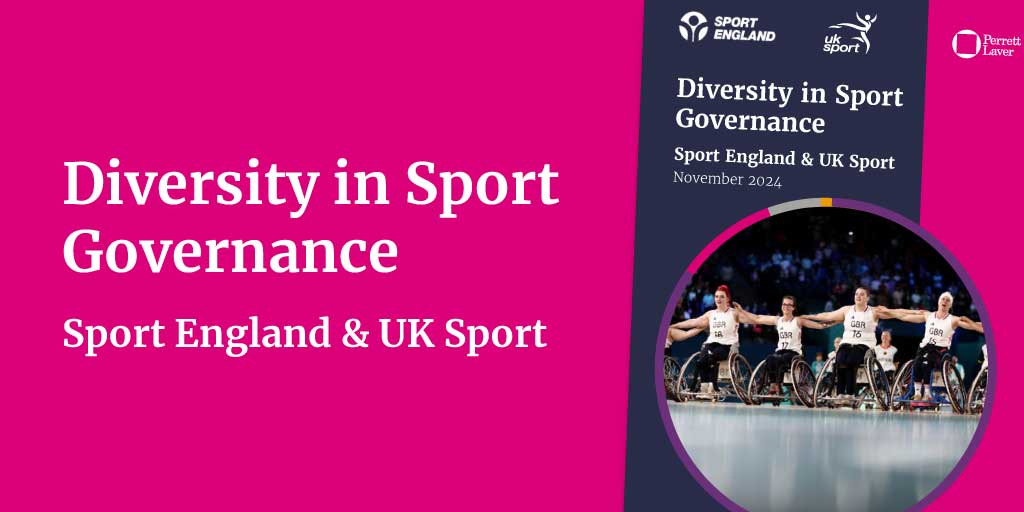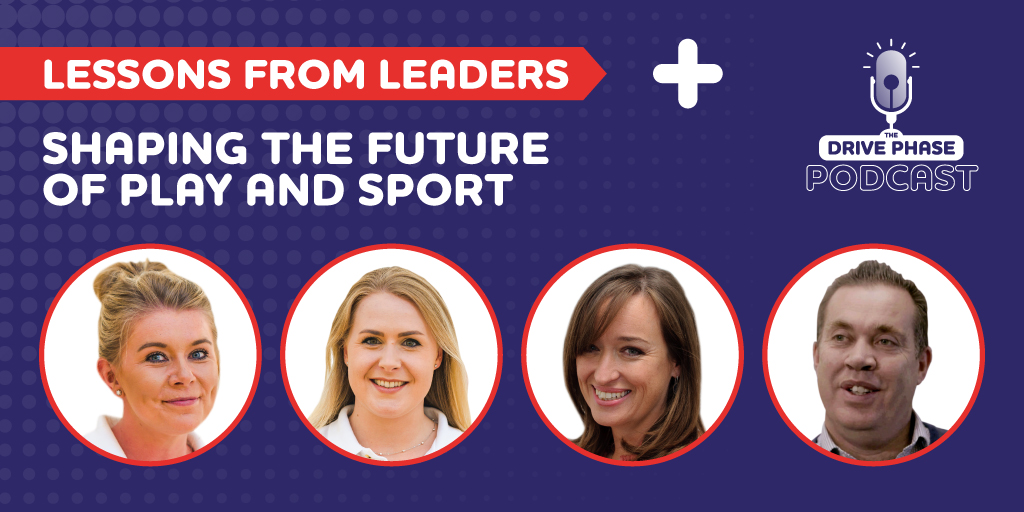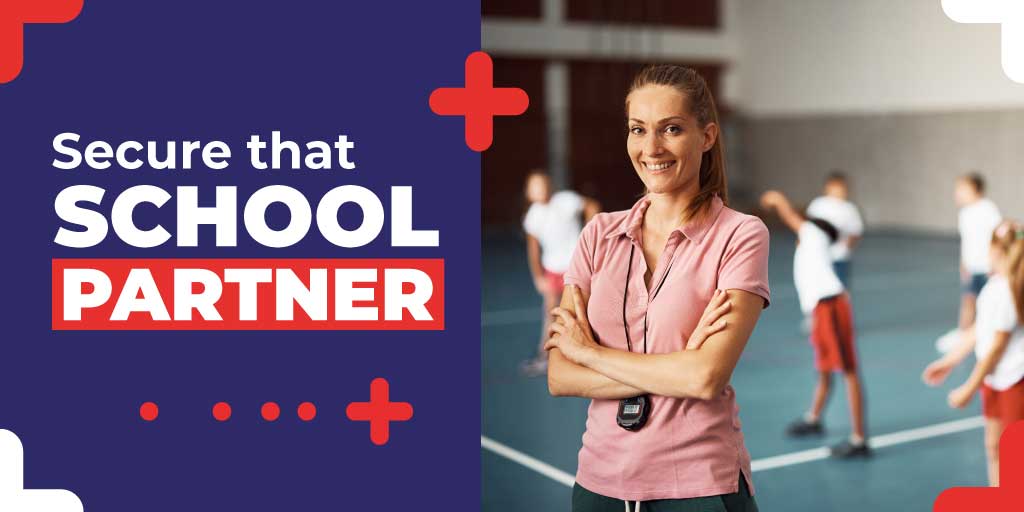It’s summertime, and we know that sports coaching programs are preparing their holiday camps, clubs and classes. So, we wanted to look at how our partners and guests have made a success out of their businesses.
Here are the 5 ways your sports program can be more successful in the activities sector…
1. Maximize the impact of your services
Data-based decisions: For modern sports programs, technology and data analytics play a crucial role. By leveraging technological tools like data analytics, you can use these insights to identify the strengths and weaknesses of your program to optimize your performance. When Amy Lalla, Co-Founder of Let Me Play Group, spoke to James Moore on The Drive Phase, she discussed focusing on the areas that young people need the most.
→ Amy Lalla – Vision for the next 3-5 years of LMP Group
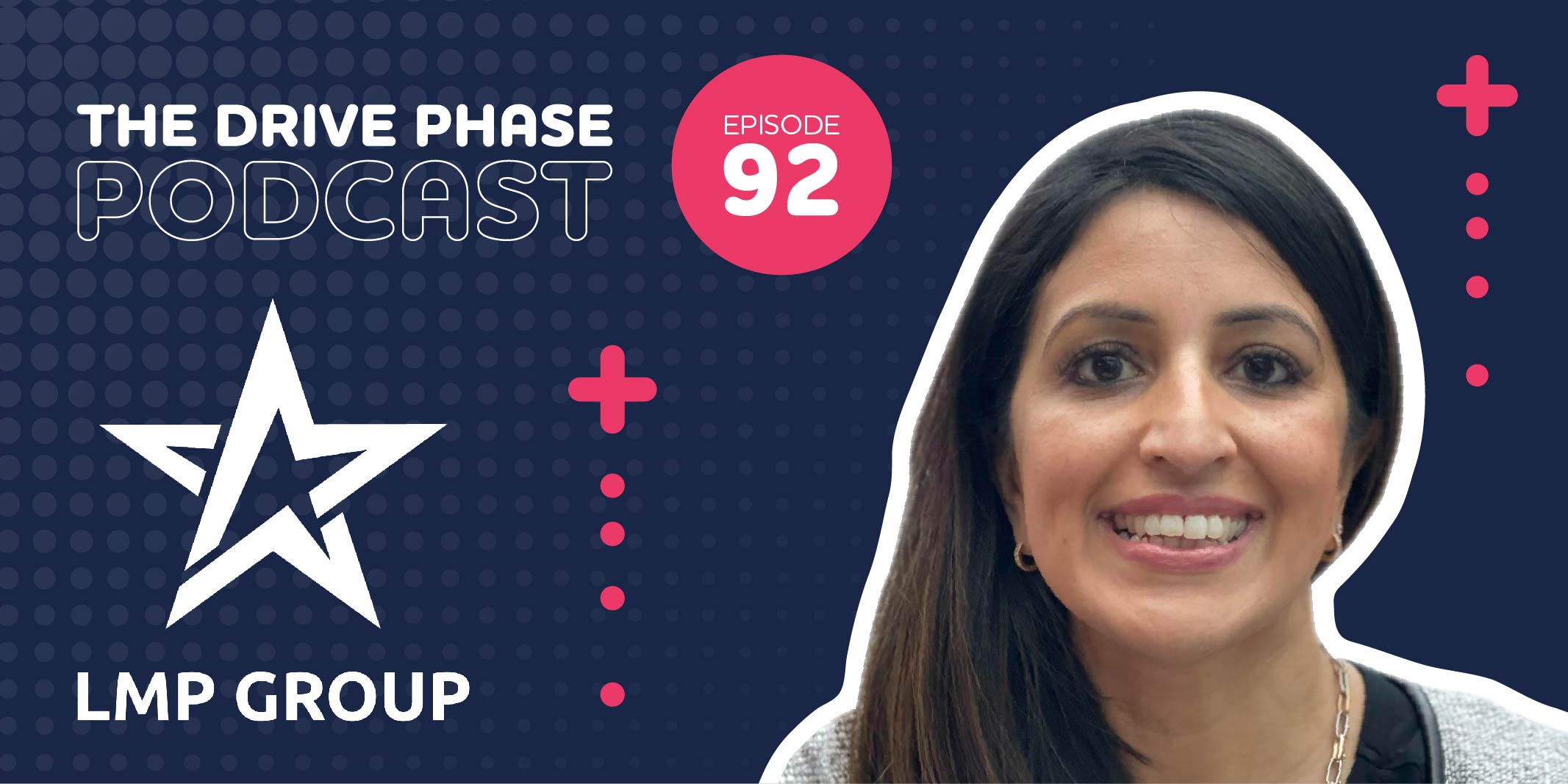
For the LMP Group, focusing on their project where they could make the most impact was a key strategy. Branching out from sport into formal education helped them develop eight different centres for their skills and training. These programmes helped power businesses with an injection of young talent and skills. Young people could then make their first step into the working world with well-rounded skills and training.
2. Produce operational structures that are consumer-focussed
As your company grows, developing your operations can sometimes take a backseat. Focussing on winning those contracts can leave businesses backed up with spreadsheets and the least-qualified people at the helm. Matt Young, Partner at FSQ Sport, FSQ Consulting and serial entrepreneur, knows all about understanding operational structures. After building his own business, he turned his focus to National Governing Bodies and grassroots sports clubs.
→ Matt Young – Philosophies about how you approach business
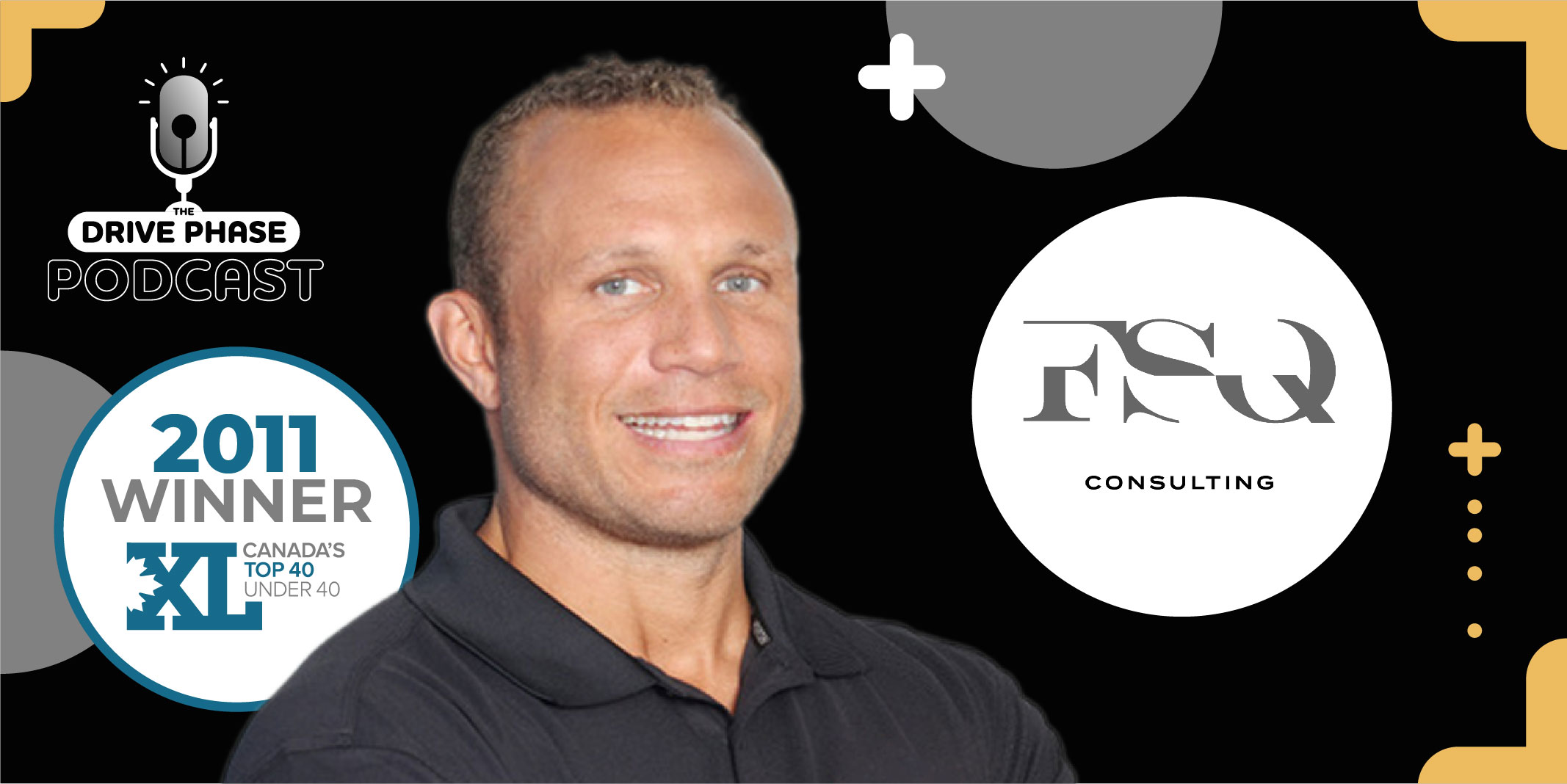
Looking for operational support built for the activities sector? Coordinate all your operations through Coordinate Sport’s platform seamlessly. Contact our team for your free demo.
Operational knowledge: As largely parent-led coaching programmes, they had all the passion but none of the operational expertise. The quality of the coaching staff directly impacts the success of a coaching company. Continuous professional development through workshops, certifications, and training courses ensures coaches stay up-to-date with the latest techniques and trends.
Core values: Little support at the national level for grassroots sports clubs meant disorganized sessions and resentment amongst parents running rife. Focussing the sessions on supporting core values and skills in sports training improved their relationships with staff, coaches and parents, creating better sessions.
3. Growing your business with local knowledge
Local knowledge: A key theme for our guests is using local knowledge to their benefit. Whether they choose to empower local managers, provide self-led programmes, or sell franchises, local knowledge is essential. They create standardized processes and centralize operations in one hub. Local people make their business model a success.
Client feedback: Listening to client, participant and local feedback is crucial for continuous improvement. Regular surveys, feedback sessions, and open communication channels can provide valuable insights into what’s working and what needs improvement. Being adaptable and responsive to feedback can help the company evolve and better meet the needs of its stakeholders.
→ James Cutting – The biggest barrier to recruiting franchisees
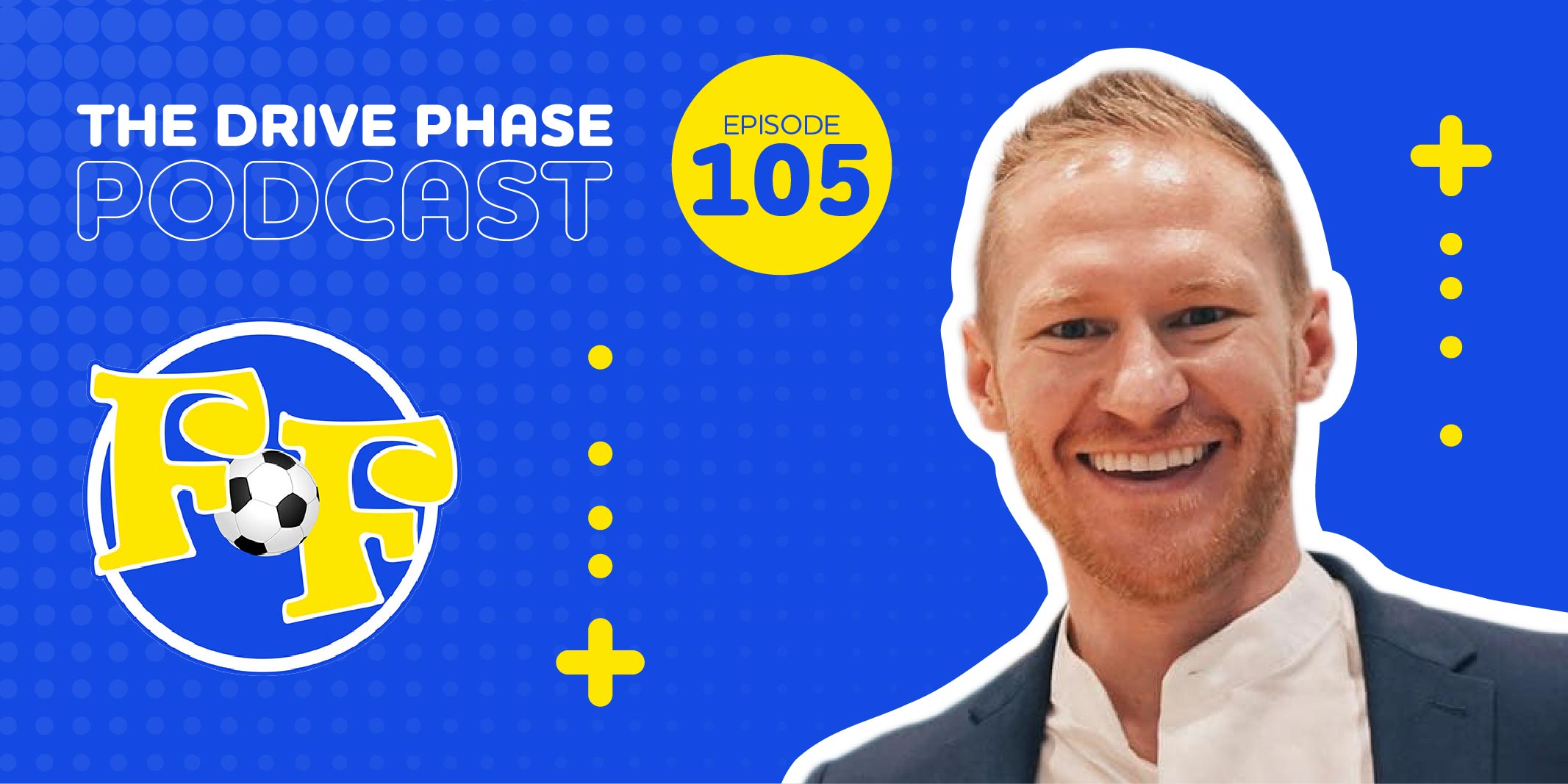
James Cutting, CEO of Football Fun Factory, used this method when he was growing his mass participation model. Talking to local coaches in these communities meant building their programmes on the knowledge of what they were most passionate about. His business model was then designed to help those coaches make an impact in their local communities.
4. Research that proves your impact
Let’s say you worked in a youth offenders’ prison and saw how much these young people enjoyed sport. How can you build on your insights and prove how well your method works? Evidence, that’s how. James Mapstone, the founder of the Alliance of Sport – Criminal Justice, brought together all the existing research and used his programme and the demographics they served to prove the impact they had on criminal justice.
→ James Mapstone – How James is using and analysing data
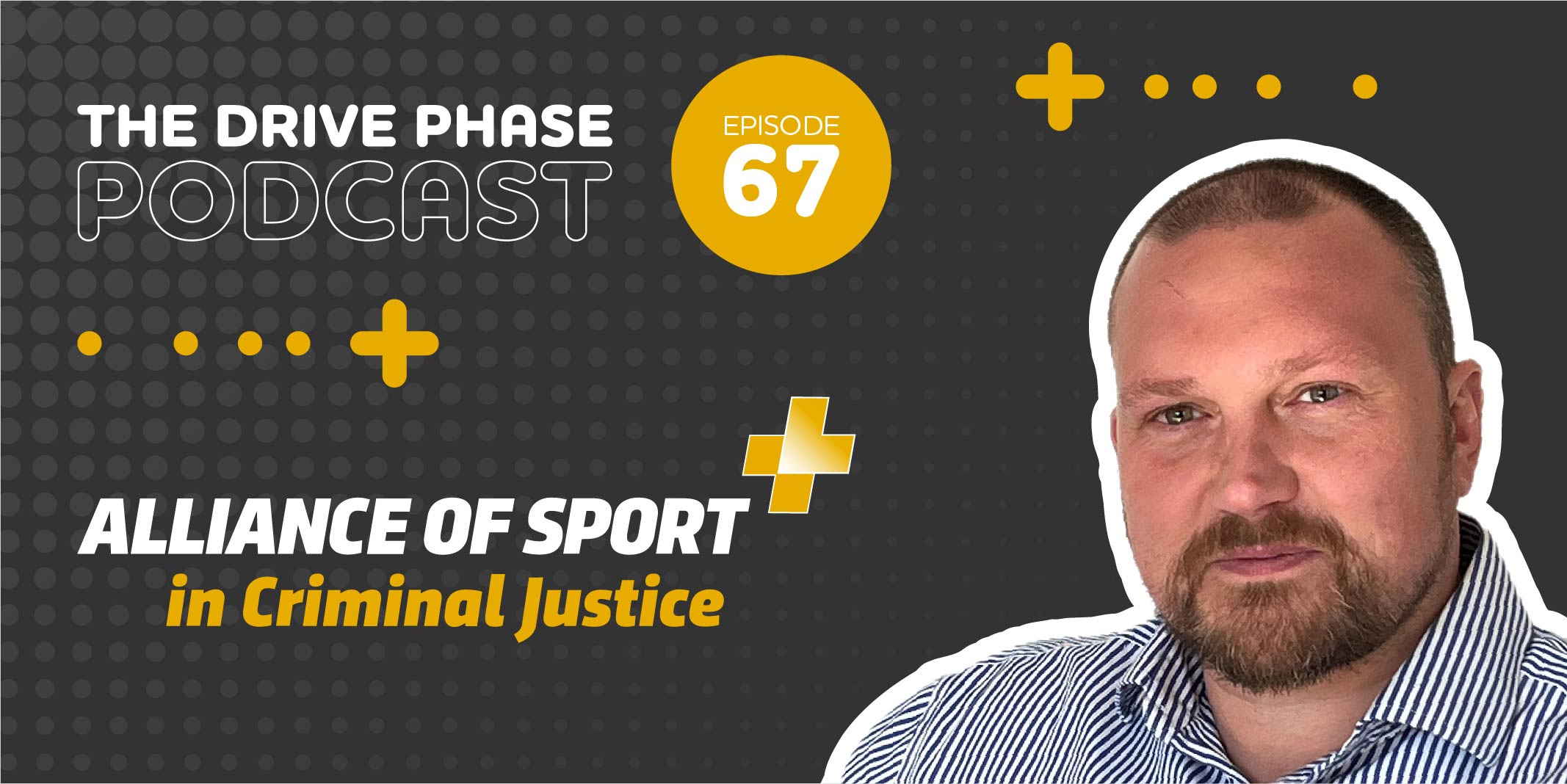
Research and collaboration: Building strong relationships within the sports community can open doors to new opportunities, especially in research. Networking with other professionals, attending industry conferences, and collaborating with sports organizations can enhance the company’s reputation and lead to new partnerships and client referrals.
The Levelling the Playing Field research tackled the impact physical activity could have on young people involved in the criminal justice system. They proved their impact to secure funding from the government and prove they were making a difference. Evidencing your impact is essential, whoever your stakeholder is!
5. Tackling big problems with big names
Foundations developed by football clubs and big-name athletes tend to have the same problem – getting people to see past the big name and see the local problems they are trying to solve. Most importantly, it’s about getting the funding they need to keep solving problems of unemployment, poverty and even lack of early years education.
Marketing Strategy: Targeted marketing strategies can significantly boost an organization’s visibility and client base. Using a big celebrity sports star or name can garner interest and create opportunities. This includes digital marketing campaigns, partnerships with local schools and sports clubs, and hosting events or workshops. Offering free trials or promotional discounts can also attract new clients.
Liverpool FC Foundation’s Matt Parish uses the stadiums themselves to structure their key programmes. Red Neighbours invest time in supporting locals who are facing food poverty and social isolation. Andrew Ducille, Head of Programmes at the Rio Ferdinand Foundation, focussed his efforts on creating safe spaces for children and young people in the areas famous for Rio’s football.
Next year, we’ll be back with more from the activities sector worldwide. Check out The Drive Phase back catalogue for more from some of the most successful entrepreneurs and leaders in the market. Watch this space!

